Tag Archive for: Research
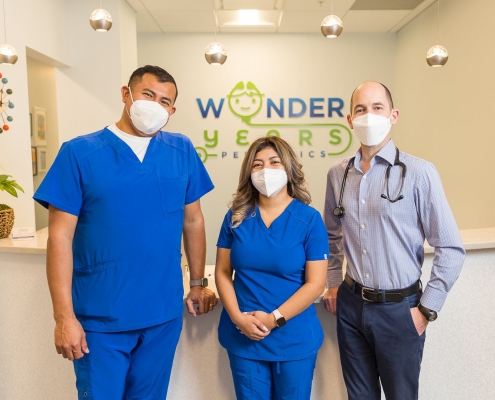
Lessons from the Pandemic: Opening the Doors During COVID-19
When he made plans to open an independent practice in the spring of 2020, Dr. Scott Wissman could never have predicted the Covid-19 pandemic. Dr. Wissman discusses the challenges, triumphs, and poignant lessons of opening a practice during a global pandemic.

Making Decisions Together: A Web-Based Approach to Screening and Early Intervention
Dr. Barbara Howard and Dr. Raymond Sturner have revolutionized how screening and early intervention unfolds in pediatric offices across the country through a web-based platform they developed called CHADIS, or the Child Health and Development Interactive System.

Serving the Whole Family Through Developmental Pediatrics
Dr. Mark Moncino is passionate about offering specialized care to children with developmental differences. Inspired by his personal journey with dyslexia, Dr. Moncino founded the Georgia Center for Autism and Developmental Pediatrics. He tells the story of discovering the holes in developmental screening and treatment, and his road to starting his own practice.
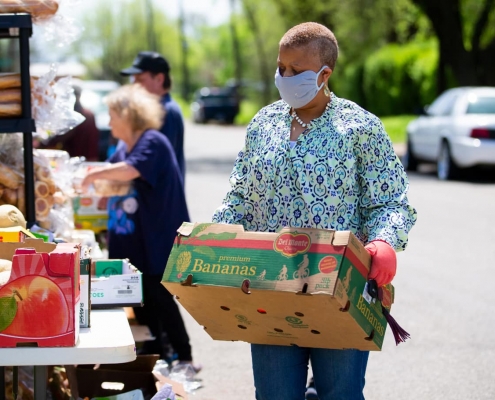
Cracks in the System: Child Food Insecurity and COVID-19
Proper nutrition and food security are essential to the healthy development of a child—physically, emotionally, and psychologically. Dr. Steven Abrams, Chair of the AAP Committee on Nutrition, discusses the lessons from the COVID-19 pandemic on how the U.S. is failing food insecure families, and how we can do better.

Rural America’s Invisible Patients, Part III: Appalachia
Increased access to pediatric care for rural poor populations could alter the course of a child’s life, and widespread access could change a community’s future. This part of the series highlights the challenges faced by Appalachian communities in securing access to pediatric care.
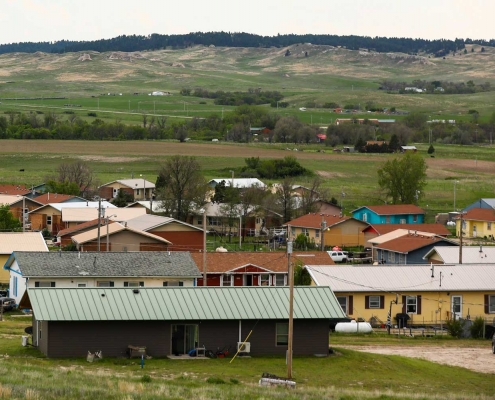
Rural America’s Invisible Patients, Part II: Tribal Lands
Increased access to pediatric care for rural poor populations could alter the course of a child’s life, and widespread access could change a community’s future. This part of the series highlights the challenges faced by Reservation communities in securing access to pediatric care.
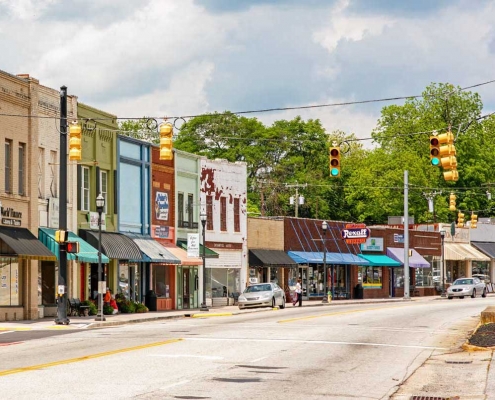
Rural America’s Invisible Patients, Part I: The South
Increased access to pediatric care for rural poor populations could alter the course of children’s lives, and widespread access could change a community’s future. Three distinct regions of the U.S. provide lenses through which to examine questions of access, utilization, and solutions for the future.

The Impact of Patient PreHistory on Pediatric Care
Dr. Michael Warner is passionate about improving the quality of healthcare through patient co-authorship of health information. That’s why he’s formed the nonprofit Patient Advocacy Initiatives and designed the Patient PreHistory tool.
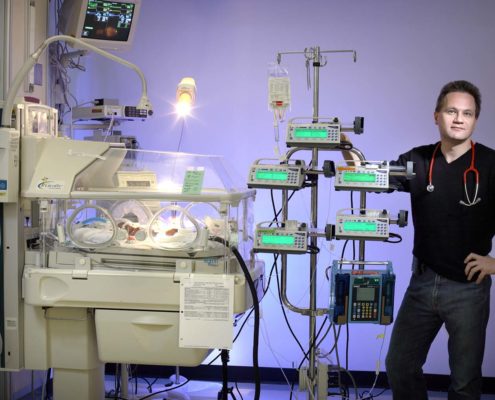
Vanderbilt University: Raising the Bar for Innovation in Pediatric Electronic Health Records
Build an intelligent, user-driven electronic health record; advocate for physicians at the national policy level; promote interoperability—these are just a few of the aspirations driving research and development in Vanderbilt’s Department of Biomedical Informatics.
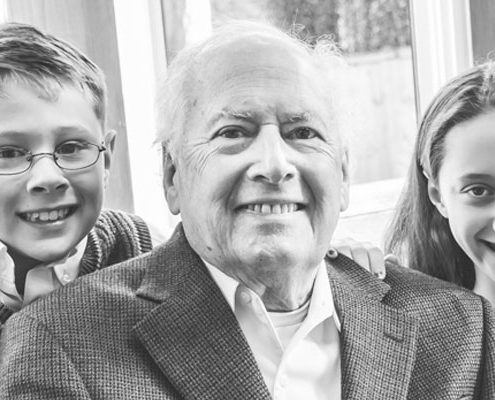
Dr. Richard Schwartz on the Benefits of Thinking Big and Staying Small
An exemplary pediatrician draws on his long career to describe his obsession with science, the rewards of gutsy perseverance and why he can't work for someone else.

